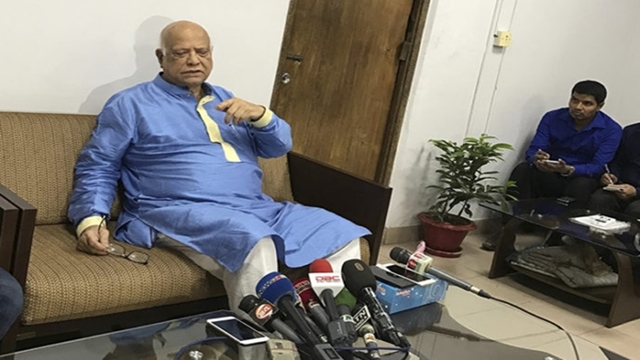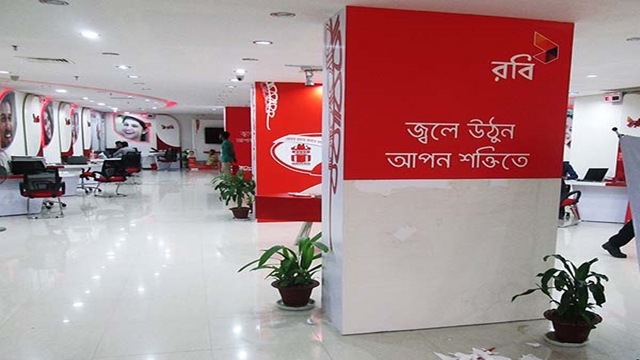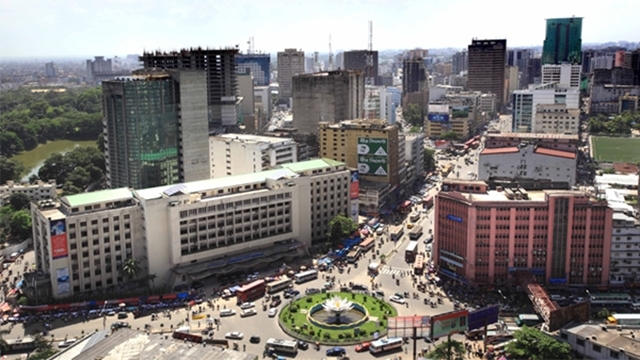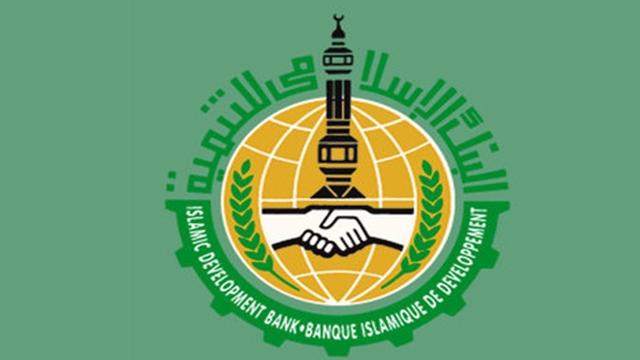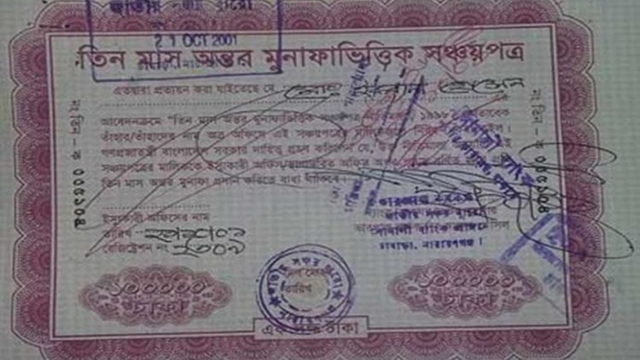SAM
Published:2018-06-05 19:33:09 BdST
Banking commission by this month: Muhith
FT ONLINE
Finance Minister AMA Muhith promised to set up a banking reform commission again to save the ailing banking sector though the government did not implement any of the major recommendations made by the previous commission formed nearly two decades ago.
Financial analysts believe the situation would have been a lot different if the government had not ignored the recommendations, one of which called for an end to political interference in the banks.
"The banking sector expanded a lot. It has both sides-good and bad," he said.
The last banking commission was set up in 2004.
Recommendations of such commissions were not fully implemented, he said.
The government may again allocate Tk 2,000 crore to state-run banks in the upcoming budget to help them meet capital deficit, continuing its years-long “go easy” attitude towards the lenders despite their irresponsible lending practices.
In the current budget, around Tk 2,000 crore was allocated to these banks as part of a recapitalisation plan. However, the amount has not been disbursed yet.
The figure may remain unchanged in the upcoming budget, Finance Minister AMA Muhith said yesterday.
In recent years, several state-run banks, including BASIC Bank, Sonali Bank and Janata Bank, have been hit by major financial irregularities that involve sanctioning loans of thousands of crore of taka in violation of the banking rules.
Instead of taking measures to prevent such practices, the government keeps allocating funds for the banks from the state coffers, ignoring strong criticism from many economists who are against helping the lenders with taxpayers' money.
From fiscal 2005-06 to 2016-17, the state-run banks received Tk 10,272 crore in capital support, Muhith told parliament in February.
Despite injection of money year after year, capital shortfall at the banks stood around Tk 20,000 crore in December last year, up from Tk 13,819 crore a year ago.
Talking to reporters at the secretariat yesterday, Muhith said “Terms of reference of bank reform commission have been fixed. Now, the members will have to be picked."
A top official of the Banking Division said that they have already sent a proposal to the finance minister, outlining the number of members of the planned commission, their names and functions.
Muhith may finalise the formation of the commission soon after consultation with the prime minister, said the official, seeking anonymity.
Financial analysts have long been demanding that the government go for reforms to bring discipline in the banking sector.
In 1996, the then Awami League-led government formed a five-member banking reform committee, headed by Prof Wahiduddin Mahmud. It submitted its report in December 1999.
The committee made 188 recommendations for Bangladesh Bank, state-owned banks, and new private banks.
One of the recommendations was that the government would form a National Banking Advisory Council, which would be tasked with forming a panel for picking directors of state banks. But no such council has been formed yet.
Assuming power in 2009 for the second time, the AL-led government appointed the chairmen and directors of the banks on political considerations.
Later, financial scandals hit the banks and many of the plunderers still remain scot-free.
Take the instance of BASIC Bank, which was once a healthy public bank. In the four years between 2009 and 2013, Tk 4,500 crore was swindled out of it.
Abdul Hye Bacchu, who apparently has strong political connections, was the bank chairman at that time. Yet, he was not made accused in any of the 56 cases filed by the Anti-Corruption Commission over the loan scams.
It was such a blatant case of political power play that the High Court recently rebuked the ACC for foot-dragging and showing weaknesses in investigating the incident.
The court observed that the ACC applied “pick and choose” policy in this case as it was yet to arrest “any of the beneficiaries of the loan scams”.
In case of Janata Bank, some little-known companies, belonging to one individual, were given loans of Tk 5,500 crore. None of the board members or the chairman was held responsible for that though they sanctioned the loans.
On October 7, 2013, the ACC submitted a charge sheet against 25 people to a court for embezzling over Tk 2,600 crore from Sonali Bank.
All these pointed to a lack of governance in the banking sector.
Another recommendation was not to pick more than one bank board member from the same family. It was for ensuring transparency in the institutions. This recommendation was not followed as well.
As per the conditions of a loan from the International Monetary Fund, the government amended the Bank Company Act. But the government later backtracked on it apparently giving in to pressure from bank owners.
As new banks were approved on political considerations, the financial condition of many private banks, including Farmers Bank, has deteriorated.
About implementation of the recommendations, Muhith said no commission report has ever been fully implemented.
Such reports are implemented partly, he added.
Regarding CPD's comment on the banking sector, Muhith said: "It was nonsense. Nothing more can be said about it."
On Sunday, local think-tank the Centre for Policy Dialogue said Bangladesh's banking sector is an 'orphan' and the government is oppressing that orphan.
Asked whether this budget would keep any special scope for legalising undisclosed money, the minister answered in the negative.
"No, No, No. The scope for black (undisclosed) money will not be given. Last year, no such chance was given too," he said.
Muhith said according to the income tax law, one can legalise undisclosed money by paying an additional 25 per cent tax and this will continue.
He said "it made little difference to the scope for legalising undisclosed money. Last time only a negligible amount was legalised."
Unauthorized use or reproduction of The Finance Today content for commercial purposes is strictly prohibited.


